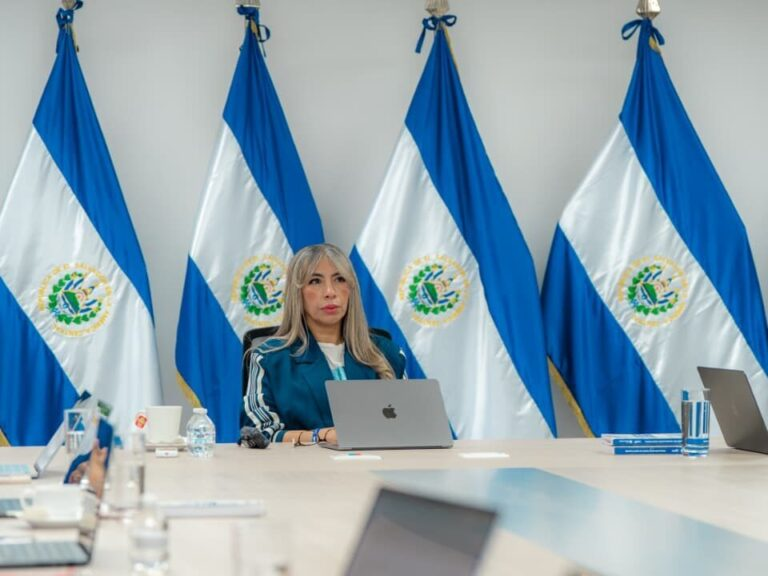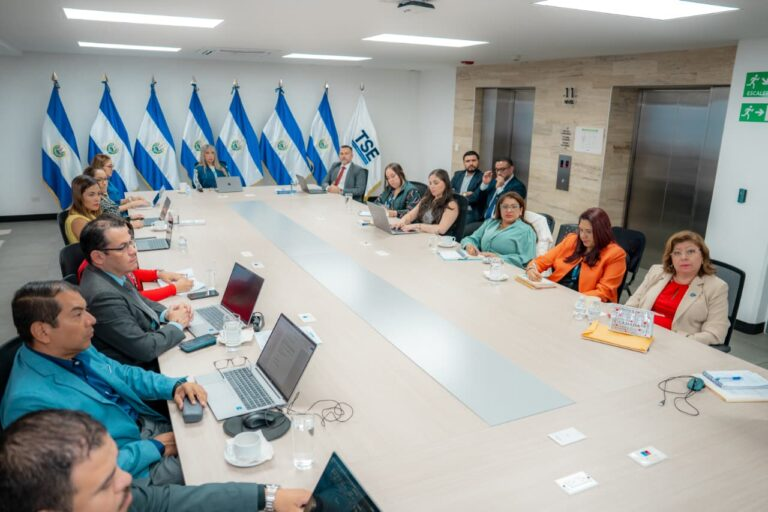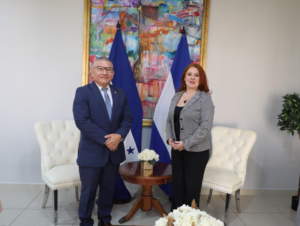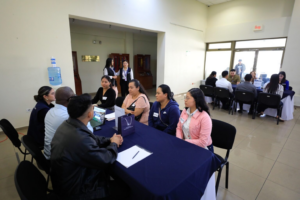
Continuing with her work organizing the upcoming elections, the President of the Tribunal Supremo Electoral (TSE), Roxana Soriano, together with the institutional management team, continues working on the necessary updates to the Plan Estratégico Institucional (PEI), the Electoral Calendar, and the Plan General de Elecciones 2027 (PLAGEL).
These coordination spaces take on special relevance in the context of the recent constitutional reforms approved and ratified by the Legislative Assembly on july 31, which mark a new direction in the Salvadoran Electoral Cycle. Among the main changes are:
Unification of the presidential, legislative, and municipal elections in 2027, to optimize resources and avoid permanent campaigns.

Extension of the presidential term from five to six years, with the possibility of immediate reelection without restrictions.
Elimination of the presidential runoff, with the candidate that receives the most valid votes in the first round being elected.
Amendments to Article 75 on the loss of citizen rights, with new grounds for the purchase/sale of votes and officials who restrict the right to vote.
A transitional provision shortens the current presidential term and adjusts the Electoral Calendar so that all elections coincide in 2027.

The TSE is making progress in incorporating the new regulatory guidelines into its planning and management instruments, with the aim of ensuring efficient, transparent processes in line with citizen expectations.
“We are in a decisive stage of preparation. With these updates, we reaffirm our commitment to organizing orderly, reliable elections aligned with the approved reforms, always for the benefit of salvadoran democracy”, said representative Roxana Soriano.
In this way, the Tribunal Supremo Electoral reaffirms its role as guarantor of the popular will, ensuring that each constitutional provision is reflected in clear, efficient, and citizen-friendly planning.







